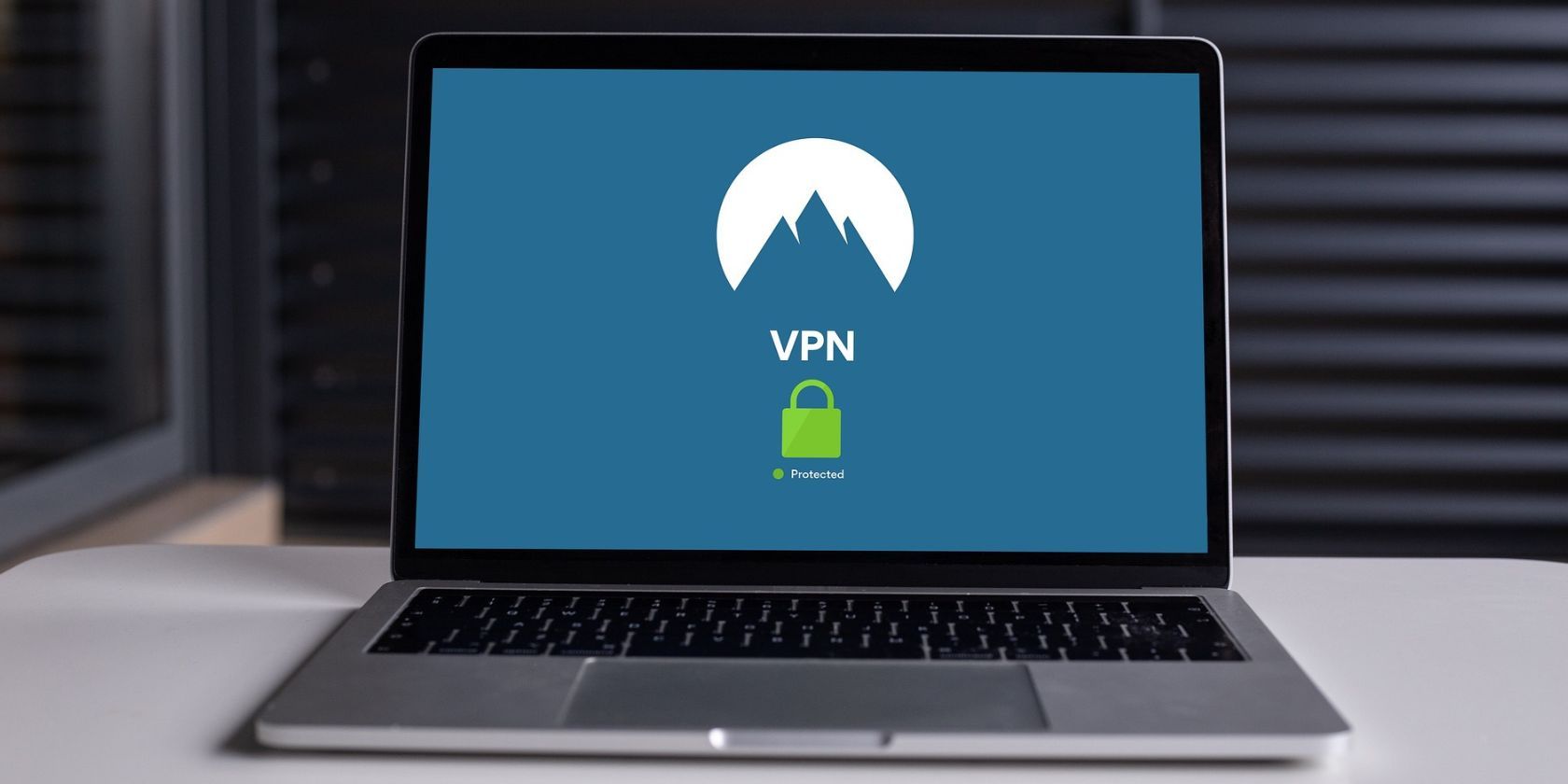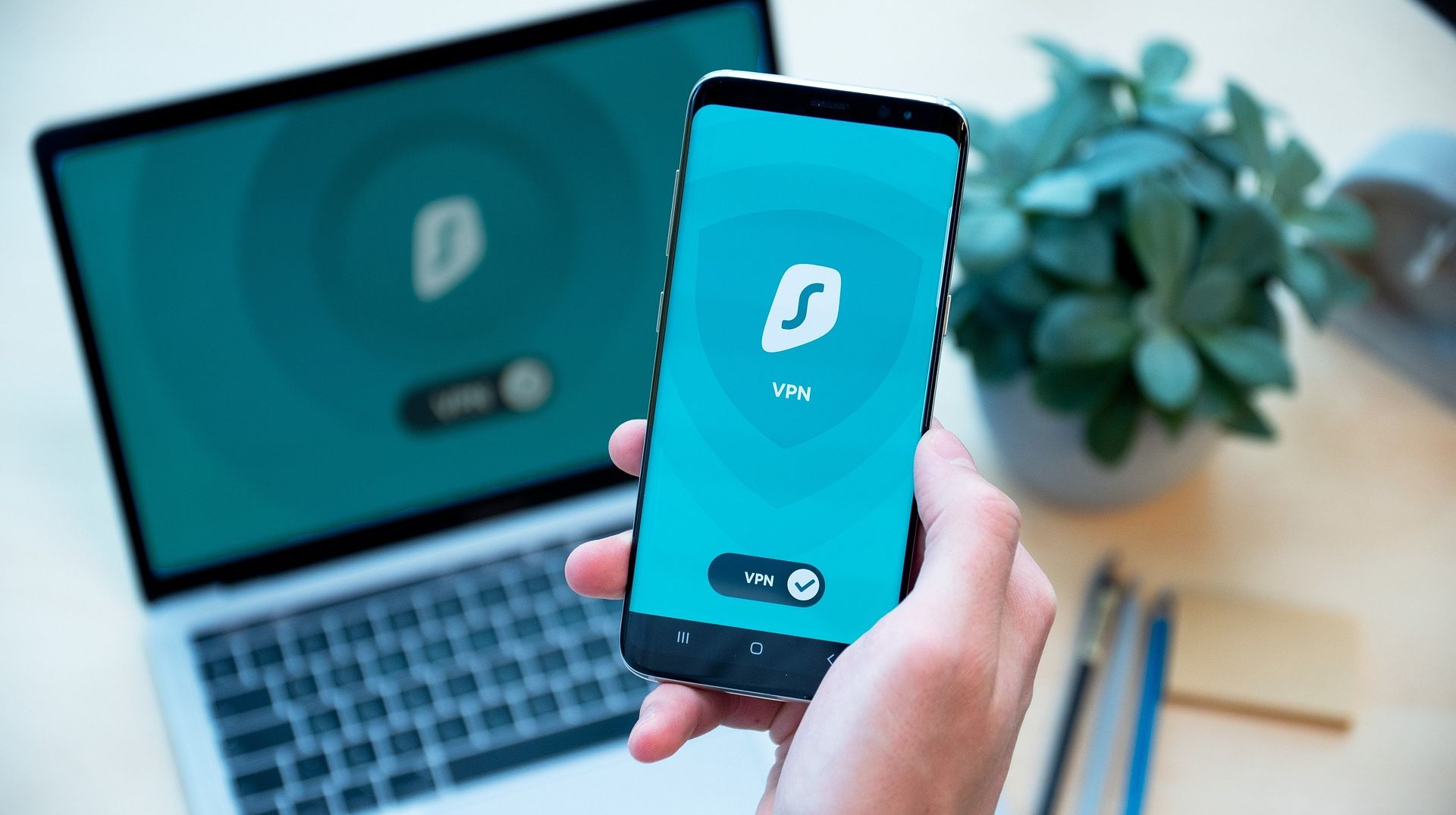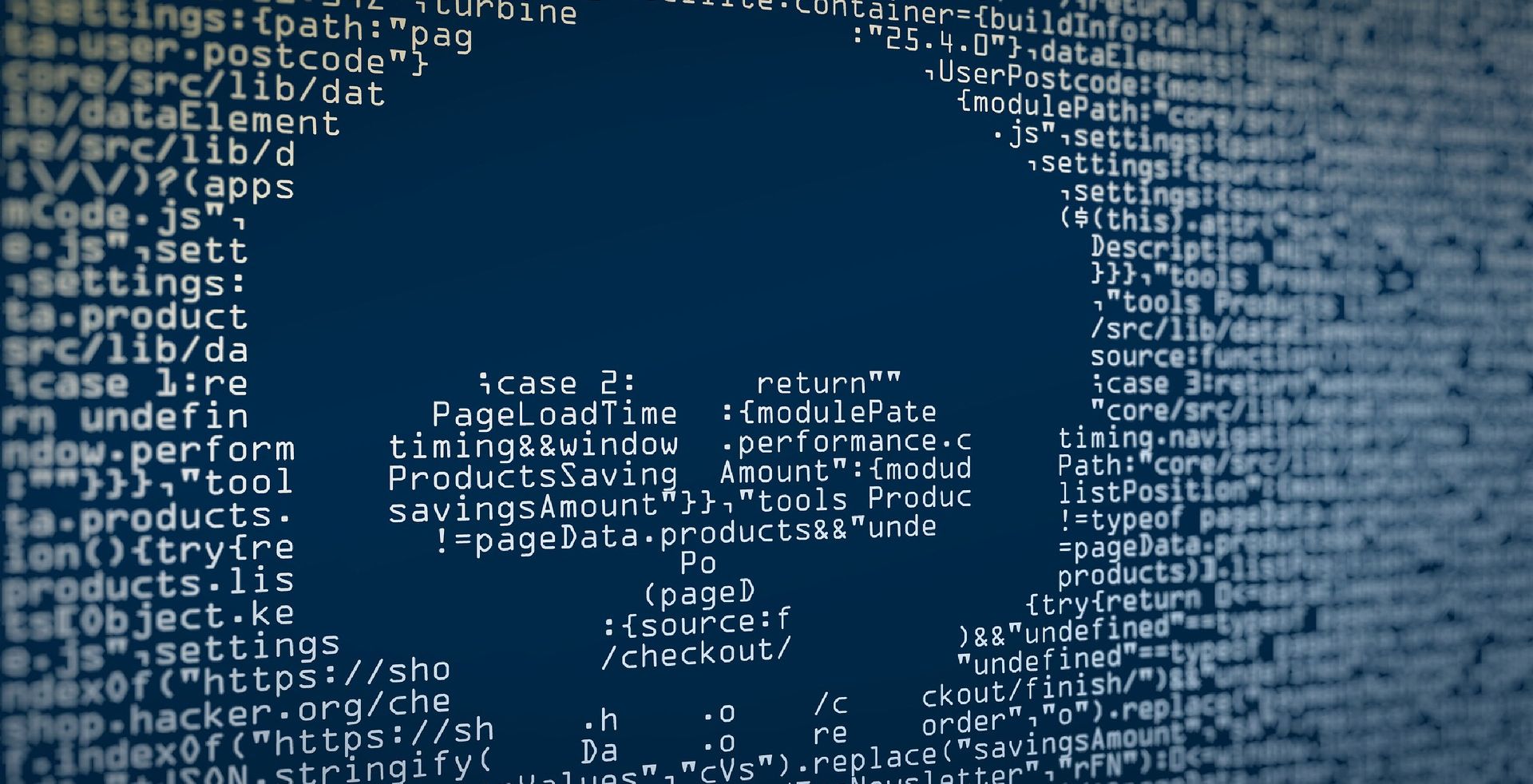There's no doubt that a VPN can help you maintain your online privacy and security. But does it do this by protecting you from harmful programs? Can a VPN keep you safe from malware and viruses like an antivirus provider, or are the two very different things?
What Is an Antivirus?
If you're often online, then chances are you've got some kind of antivirus program installed. After all, this kind of software plays a crucial role in keeping you safe. This is because antivirus programs can scan for and block or delete malware, stopping it before it can exploit your device and the data stored on it.
A typical antivirus program will scan any incoming files or code to see if they should be deemed suspicious or harmful. These scans can be conducted in the background, or you can initiate them manually. Each antivirus provider has a list of codes and files that are known to be malicious, so the software knows what it needs to look out for.
Today, antivirus programs often come with an array of additional features, such as a password manager, firewall, and file shredder. As cybercrime becomes more prevalent and sophisticated, the need for extra protection continues to increase.
It's worth noting that antivirus programs are by no means watertight. The best providers out there today, such as Norton and McAfee, have very high success rates, but never reach 100 percent. Not all malicious files or programs have been listed on provider databases yet, while other kinds of malware are designed to evade antivirus software altogether. What's more, antivirus programs are nothing more than software, so can be vulnerable to bugs and other malfunctions which may affect performance.
However, this doesn't mean antivirus programs aren't worth it. If you're ever online, or even if you stay offline on your device, an antivirus program should always be active. This will stand as the key line of defense against malware and viruses.
But what about a VPN? Can this technology keep you safe from malware? Let's start with what VPNs actually are.
What Is a VPN?
A VPN, or a Virtual Private Network, is a protocol designed to hide your online traffic and your IP address from third parties, such as your internet service provider, the government, and malicious actors.
What many of us don't realize is that our internet traffic can be seen by the aforementioned groups when we use a public Wi-Fi network. Widely accessible networks can be very convenient but are not without their downsides.
Whether you're sending an email in Starbucks, watching YouTube at a hotel, or video calling your friend at a restaurant, your data may be at risk if you're connected to a public Wi-Fi network. Malicious actors can intercept your connection and steal your data when you're connected without a VPN. But how do VPNs work?
VPNs use something known as tunneling to keep your data safe. In simple terms, your online traffic is redirected and sent through a secure tunnel, in which it is encrypted and made indecipherable to prying eyes. If a cybercriminal tried to access your internet data when you're connected to a public Wi-Fi network, a VPN will make it incredibly hard to do so due to this encryption layer. By establishing a secure connection in this way, your data is vastly more protected with a VPN.
Some people even use double VPNs, which encrypt your data twice, for higher levels of privacy and security. But these can drastically lower your connection speeds due to the extra layer of encryption required each time your traffic is sent through.
VPNs can also be used to bypass geoblocking. Geoblocking involves the restriction of certain content based on your location. This is a particular problem on streaming platforms such as Netflix, where many movies and shows are only available in a limited number of countries. But by masking your IP address with a VPN, you can connect to servers in various countries and access a whole new variety of content.
But where does malware and virus protection come into this, if at all? Are VPNs capable of safeguarding you from malware?
Can Your VPN Protect Against Malware?
So can you stop malware infecting your device if you use a VPN? The short answer is no. A VPN is not designed to directly protect you against malware and viruses in the same way as an antivirus program will. In other words, VPNs don't scan for and delete malware on a continuous basis, and will not notify you if a malicious program is found. They don't provide parental controls, spam filters, identity theft protection, and other security features offered by antivirus programs.
So, you should not be using a VPN to dodge malware. This is what antivirus software is for. However, VPNs can protect you against other kinds of cyberattacks.
Take Man-in-the-Middle (MitM) attacks, for example. This involves a cybercriminal placing themselves between you and an application in order to steal precious data. By encrypting your IP address and internet traffic, carrying out a Man-in-the-Middle attack becomes incredibly difficult for malicious actors. Even if the attacker is able to intercept your traffic, it will be completely indecipherable and therefore unusable.
What's more, a VPN can help you in preventing Distributed Denial of Service (DDoS) attacks. In a DDoS attack, the malicious actor can severely affect or crash a server or network by flooding it with phony traffic. Something called a botnet is used in such attacks, which is essentially a malicious network of devices. So, how does a VPN keep you safe from this?
This relates to your IP address. By masking your IP address with a VPN, it becomes that much harder for a cybercriminal to find your network and target it in a DDoS attack. This isn't a guaranteed defense mechanism, as the attack can still take place if the cybercriminal was aware of your IP address prior to the activation of a VPN.
Using a VPN also makes it almost impossible for a cybercriminal to uncover your true IP address, which can be used to impersonate your online presence or determine your geographical location right down to your postal code.
VPNs Are Useful, But Not an All-in-One Security Solution
There's no doubt that you should use a VPN when browsing the web. Not only does this technology hide your internet traffic and IP from third parties, but it also lowers your chance of falling victim to certain cybercrime tactics. But antivirus software is crucial in protecting you and your data. Many antivirus programs now offer a built-in VPN, so you can get the best of both worlds without having to pay for two separate services.



